Perceptions and Discussions of the Term “Wilderness”
Recently I asked a question on my Facebook page, what does the term wilderness mean to you? It’s a term that’s commonly thrown about in regards to the great outdoors, but what does it actually refer to? Can we drive to it on a weekend trip? Does it involve helicopters, month long trudges, battling bugs, and cans of Spam? Turns out its definition can vary, from person to person, and place to place. Historically, it has changed over time. It was more common in the past to regard it as an uncultivated, uninhabited, and inhospitable region. A place of neglect or abandonment and not profitable. We couldn’t farm it, cut it, shape it, and it had no dollar value. As our perceptions of nature changed over time, so did our views of what was wild and what wasn’t.
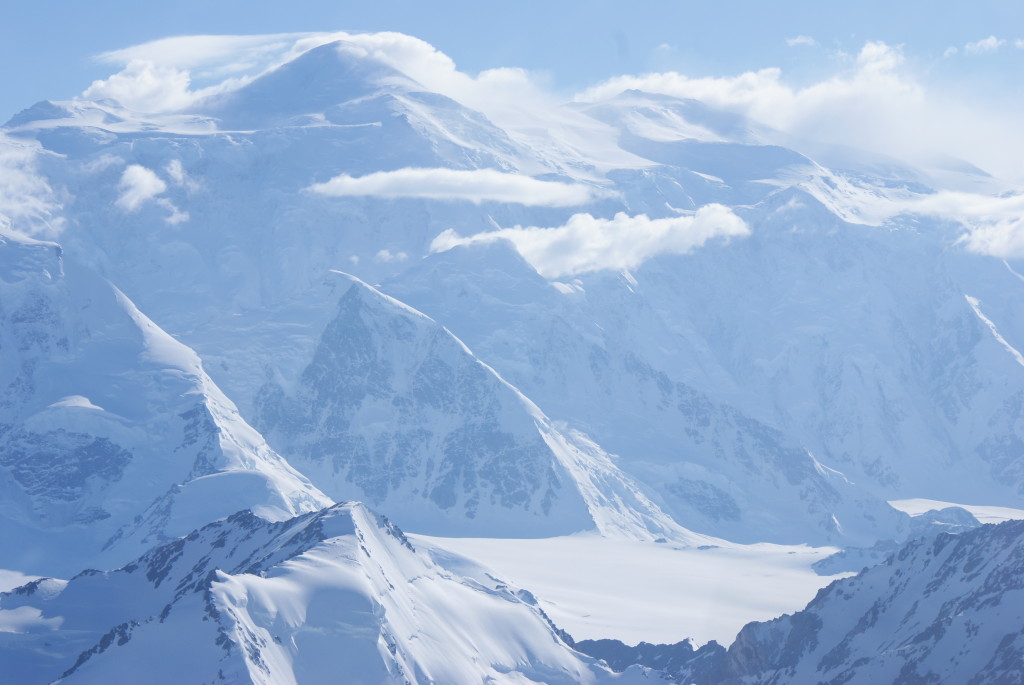
Turns out, “Wilderness” is a white mans term. The “uncivilized” and “worthless” land that we call “empty”, is usually far from it. Not only may it have a strong and vibrant ecosystem, but it already belonged to the First Nations. It was their land, their home. The idea of “wild” didn’t exist. It can be argued that it’s a term used to separate ourselves from other animals, thereby taking man out of nature. It’s our attempt to classify something we don’t understand.
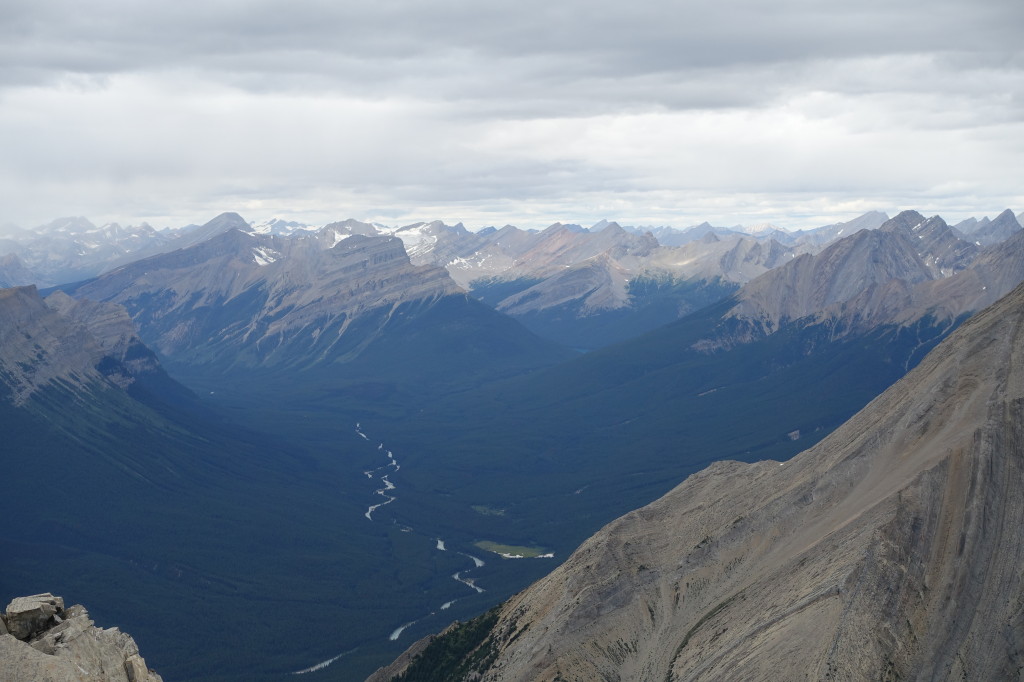
Nevertheless, our perceptions of wilderness persist. Many people on my Facebook page said it was a place untouched and free of human influence. Unfortunately, I would argue that such a place doesn’t exist. We have impacted everything. Even our forests in the national parks are far different from what they were due to fire suppression. And we won’t even get into global climate change.
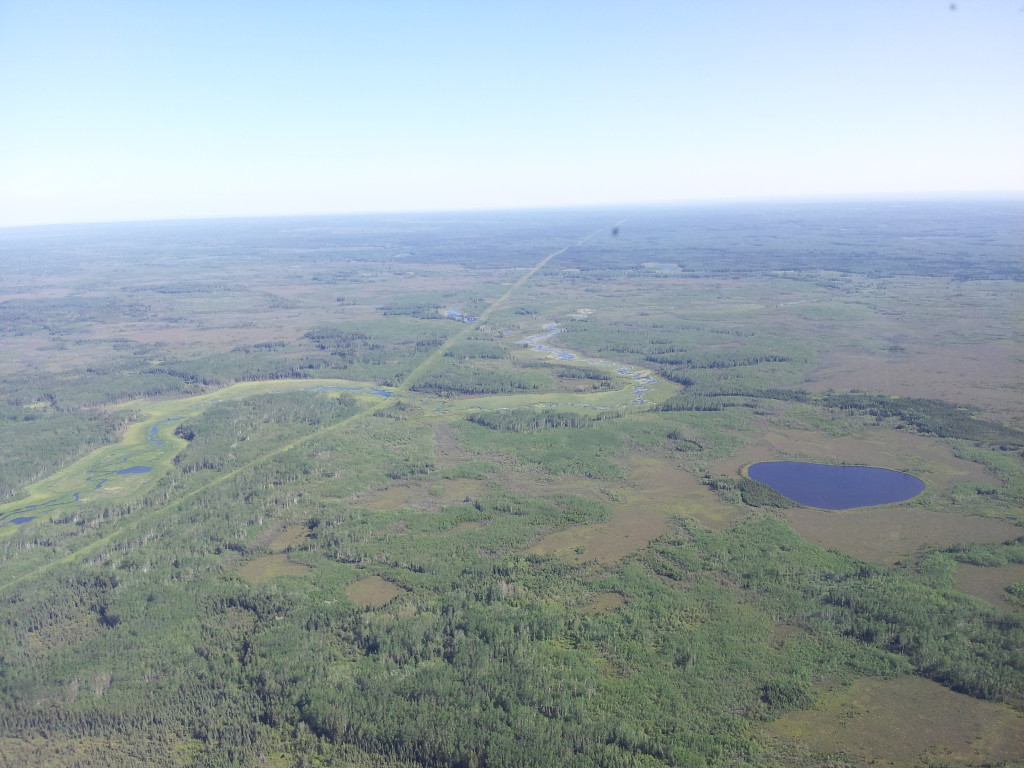
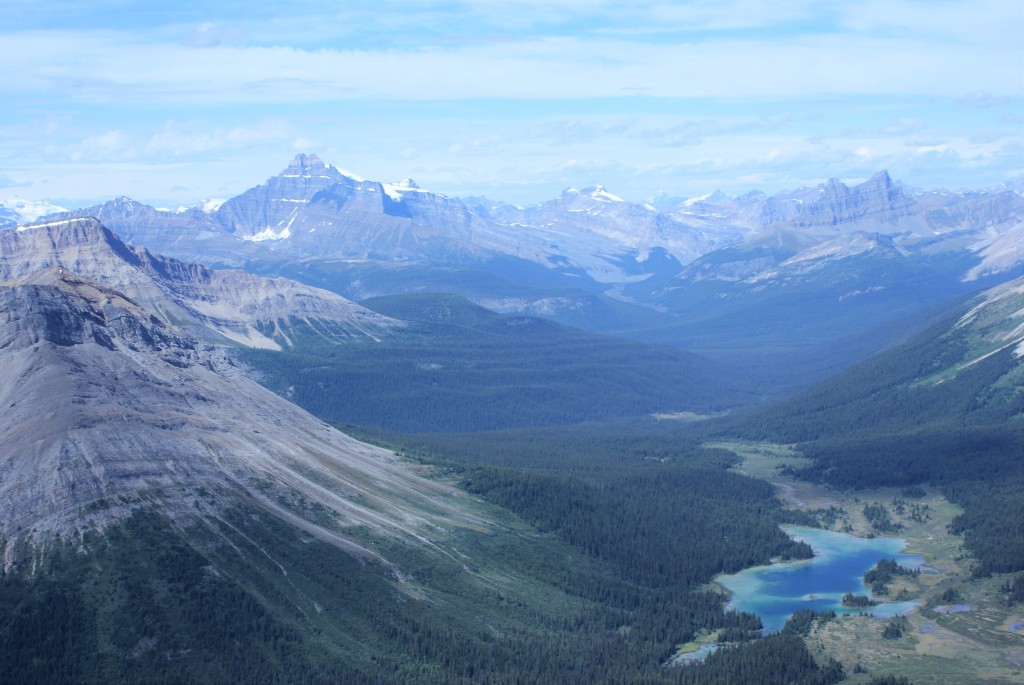
In the end, I think it’s a place where nature has an upper hand over man, where we forget civilization. It could be a day in the bushes or a month, where you can’t check your Twitter account or play Pokemon Go. A friend once said, that wilderness is a place where you can walk all day and not end it at a pub. Some even got deep and philosophical, saying it’s within all of us. We are the untamed, the chaotic, the uncivilized, the wild. Wilderness is within, where all our hopes, troubles, and loves are found. It’s the place where a man who desires nothing, finds something, and holds on.
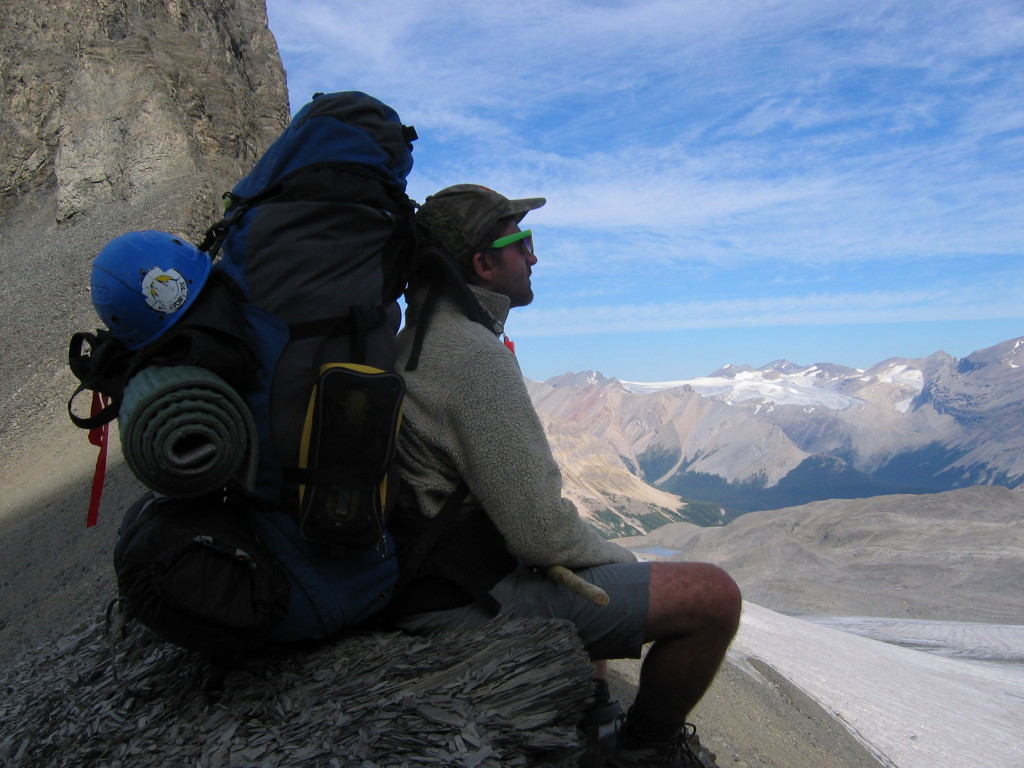
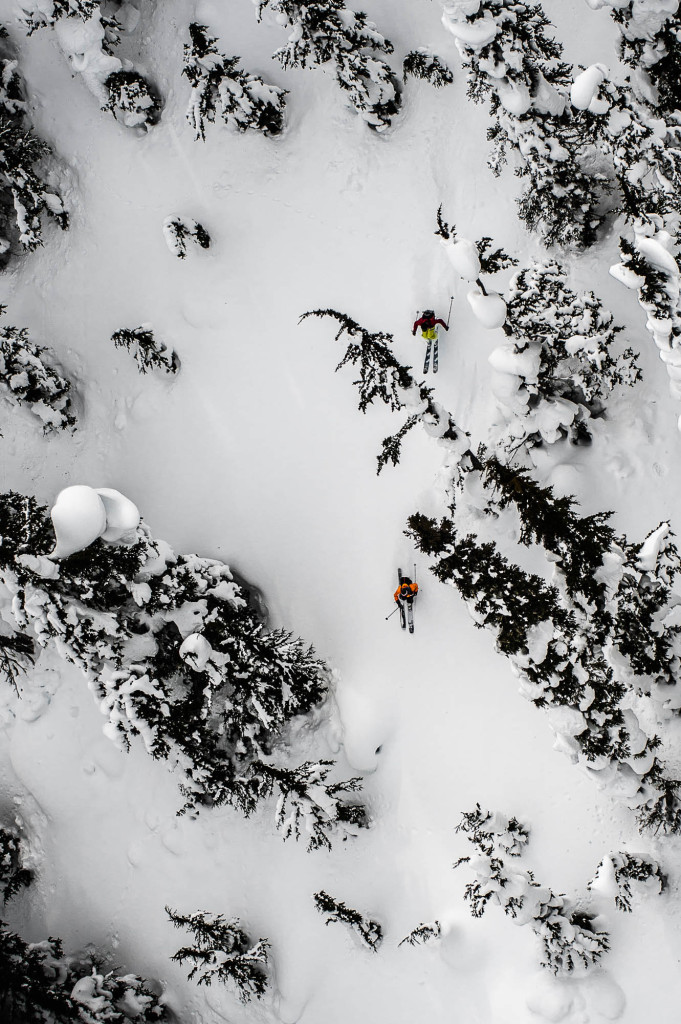
I’ll finish with the words of a dear Icelandic friend of mine, “The Wilderness: If you don’t know what it is, you should go there. It might change your life or kill you. Either way, bring something to eat.” If I were you, I’d bring a cheese platter.


